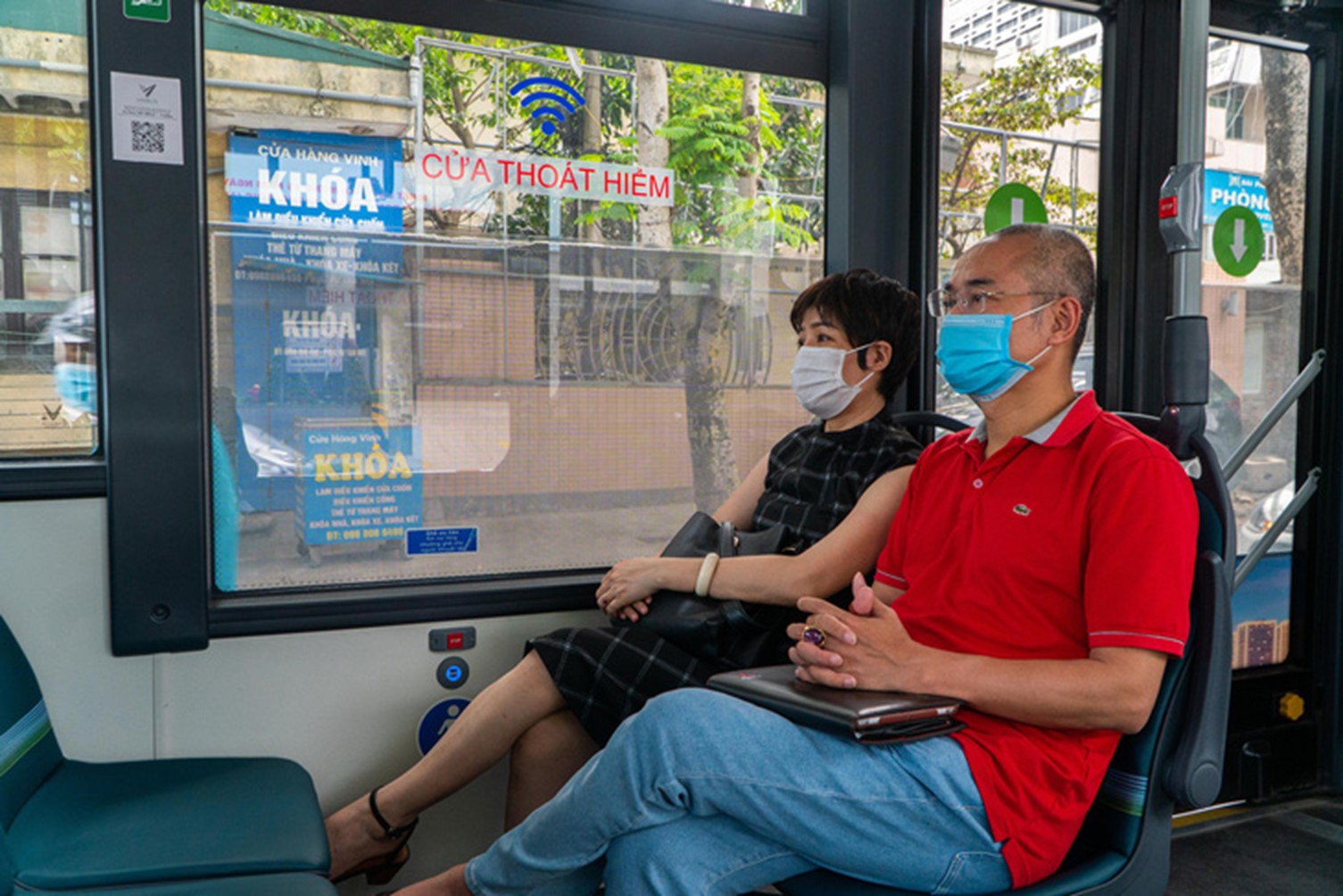Hanoi sets a target of phasing out diesel-powered buses and replace them with electric vehicles in the 2031-35 period, according to a plan approved at a meeting of the municipal People’s Council on Thursday.
Pursuant to a scheme on the city’s public transport development using green energy, 70-90 percent of the city’s diesel-powered bus fleet will go green by 2030.
The Vietnamese capital city expects half of its buses to be all-electric and the other half to run on liquefied natural gas or compressed natural gas between 2026 and 2030.
The city will spend VND43 trillion (US$1.7 billion) on this phase.
Buses operating in the downtown urban area will gradually transition to electric power.
According to the city’s plan, buses on new routes will utilize clean energy.
In January 2024, the Hanoi Department of Transport proposed testing electric buses on nine routes for one year after their bidding packages for route operation expire this year.
The nine routes include numbers 05, 15, 17, 36, 39, 43, 54, 47A, and 59.
In Hanoi, some 68 gasoline-powered bus routes will see their bids expire by 2025.
Like us on Facebook or follow us on Twitter to get the latest news about Vietnam!























































